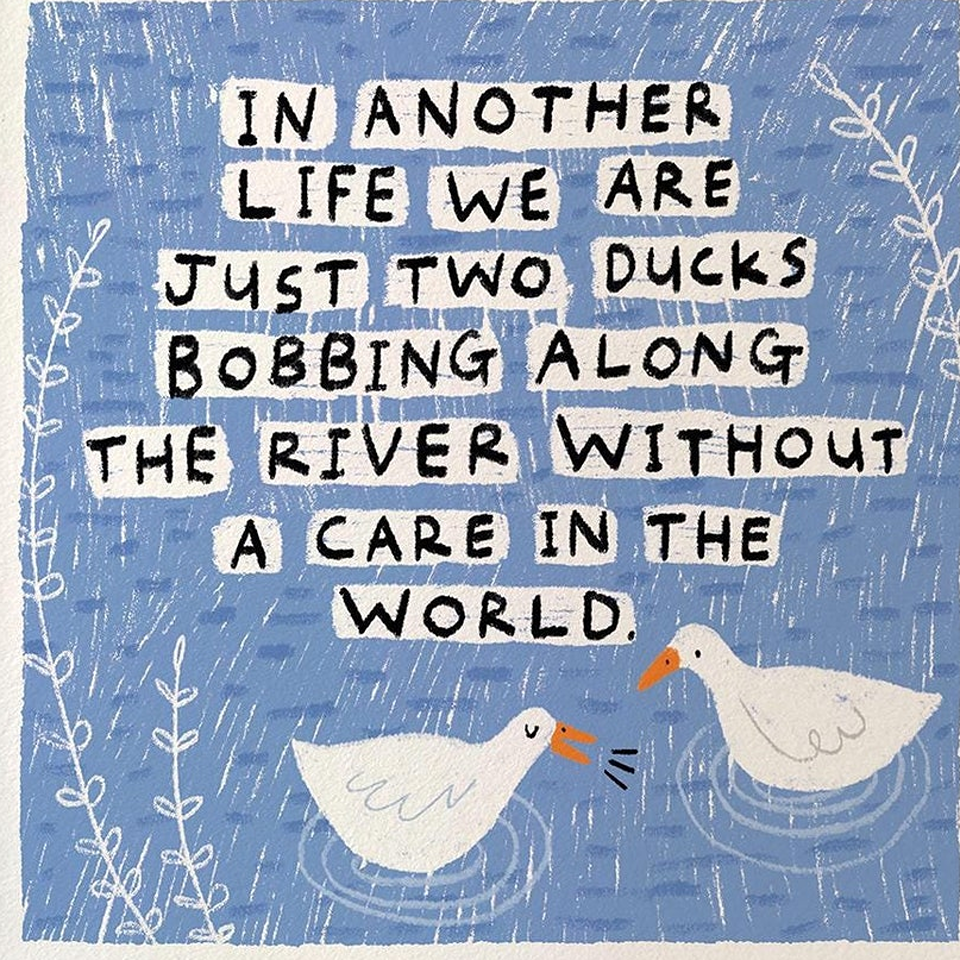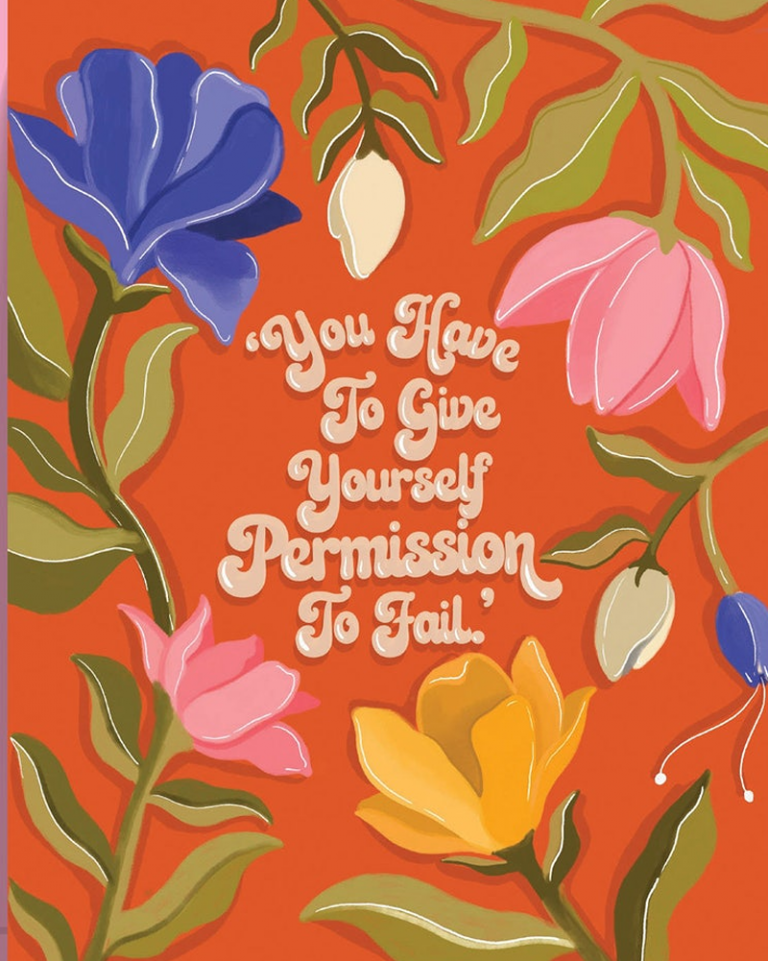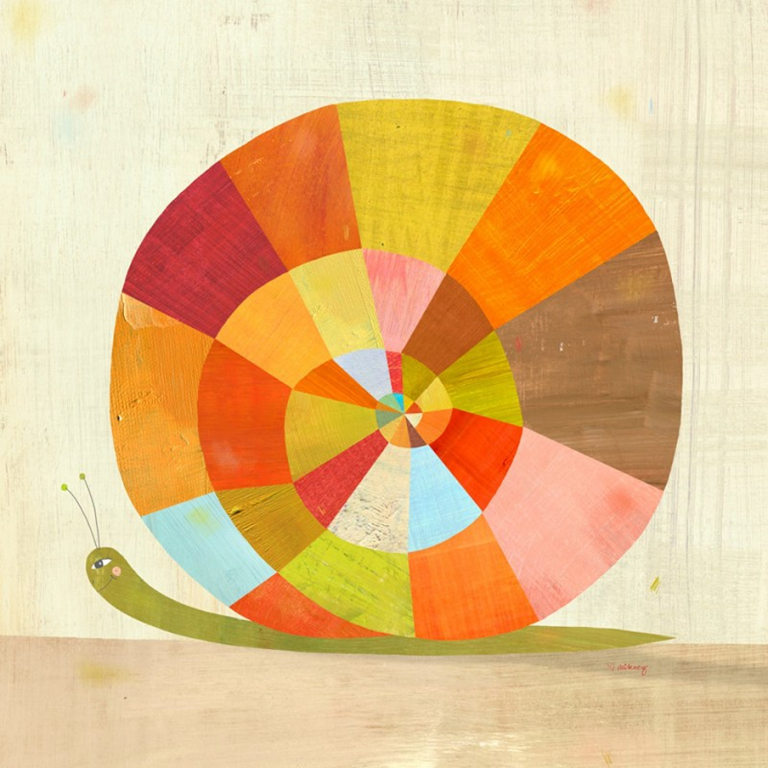
Ooh, this is a big question! Of course, different religions (and those with no religion) have differing beliefs. If the beliefs you believe are coming from a place of intuition or Scripture or study, so be it.
But never take your beliefs from any priest or New Age guru, without exploring the facts first. Often they are of vested interests.
In the film Whistle Down the Wind (which starred Hayley Mills, written by her mother), she and her younger brother go to visit the local vicar, to ask why the young puppy died. After a length discussion, they exit the building. The boy says to Hayley’s character ‘He doesn’t know, does he?’
A similar thing happened with the author Roald Dahl. Having lost his daughter to measles (she was just 7 years old), his priest told him that her beloved dog Rowley would never be in Heaven to meet her.
This basically questioned his belief in everything the priest was saying, later writing that he thought the man simply did not know. And had no right to upset others.
Different religions believe different things:
- Christians believe in this one life, then we all go to Heaven (or sometimes Hell). Catholics believe we kind of ‘sit in a waiting room’ until God decides.
- Hindus and Jains and Buddhists all believe in some form of reincarnation. Some believe karma is punishment. Others believe that it’s more that we are here to learn life lessons.
Anna Sayce (who studied at Oxford University) has spent around 20 years trying to figure it all, and she’s fairly certain that she knows what’s going on! She is spiritual but not religious, and firmly believes we incarnate as souls, with lessons we are given at birth.
For instance, your soul lesson could be:
- Independence (people will keep shafting you through life, until you get some self-worth and learn to stand on your own two feet).
- Following your true path (not letting others dictate how you live your life)
- Moderation (a life of balance, rather than one of extremes)
She says that if you are on such life paths, usually it’s for your whole life. That’s because it’s a big learning curve. And that people who tell you that you can ‘manifest your ideal destiny’ are usually in so-called ‘holiday lifetimes’ where their souls are having a break, the rest of us not so!
We are here to “collect God’s energies” which is actually the process of reaching enlightenment. But we can be slowed down in doing this when we are also weighed down with samskara.
For example, heartbroken people who are desperately manifesting an ex who has left to come back to them are usually operating from a place of samskara. Or go through cycles of boom and bust with finances, you are most likely operating from a place of samskara.
If you have a karmic complex, Anna says you will ‘mould yourself to rubbish situations, rather than discard them’. For instance:
- Try to manifest someone back, who treated you badly.
- Make money, then lose it all within a short time.
- Find a good job, then get fired.
Hans of LifeExplained says a similar thing. That everything is goodness and love, and paying off karma. Nothing to do with churches and authority and money and power.
Instead of ‘manifesting stuff’, the answer is to simply calm your mind and be, flow through life knowing you are ‘living your karma’. Then paradoxically, things will likely get better!
And as you learn these life lessons, hopefully next time around on earth, will be a lot easier!
Different Views on Reincarnation

Reincarnation is the idea that a soul takes on a new body after death. In this view, life does not end, it moves. The person you see in the mirror is one chapter, not the whole story.
In many traditions, the cycle of birth, death, and rebirth is tied to karma, the moral weight of actions. Good deeds plant seeds for better conditions in a future life. Harmful acts bring harder lessons. The soul learns over time, like a student moving through a very long school.
Reincarnation in Eastern Traditions
In Hinduism and Buddhism, the cycle of life, death, and rebirth is called samsara. Karma drives samsara, like a wind that sets the course. A kind act leaves helpful marks. A cruel act leaves knots that ask to be untied.
An everyday example helps. A person who lives with care and honesty, then dies, may be born into conditions that support further growth. Those conditions are not a reward in a simple sense, they are the next step in learning.
The ultimate goal is escape from the cycle. In Hinduism, this release is called moksha, union with the divine. In Buddhism, it is nirvana, the end of craving and suffering. Both paths ask for ethical living, mental discipline, and insight into the nature of the self.
Western Takes on Reincarnation
Some ancient Greeks, such as Pythagoras, spoke of the soul returning in new forms. Plato wrote about memory and learning across lives. These ideas did not become central in Western faiths, yet they never vanished.
Modern interest often comes through books, counselling, or hypnosis sessions that claim to reveal past lives. People who are wary of strict religion may find room here. The appeal is clear. Rebirth offers meaning, moral order, and a second chance without fixed dogma.
Is There Proof We Come Back After Death?
Evidence for reincarnation sits in a grey zone. There are compelling stories and some research that tries to verify them. There is also a strong scientific case that rejects a soul that survives death. Honest readers can feel torn.
People often cite three types of support:
- Children’s memories of past lives, sometimes with verifiable details
- Near-death experiences, where people report leaving the body or meeting deceased relatives
- Hypnosis-based recall, where adults describe scenes from other times
Critics raise clear issues:
- Lack of hard evidence, with no way to measure a soul or track a transfer
- Psychology, which can explain false memories, suggestion, and cultural influence
- Brain-based theories, which hold that mind and memory end when the brain stops
Religious Alternatives to Reincarnation
Judaism, Christianity, and Islam tend to teach a single life, then judgement by God. The result is eternal reward or punishment, or in some views, a period of purification. The emphasis is clear. Moral actions matter, and faith, repentance, and mercy are central.
Atheist and Scientific Perspectives on Death
A secular view holds that death ends consciousness. The body breaks down and returns to the earth. Meaning comes from what we do while alive, not from a next life.
This can be bracing, yet hopeful. If time is short, kindness gains urgency. Purpose is not handed down, it is built. In a way, that mirrors the best of reincarnation ethics, where each day is a chance to do better and ease suffering.






